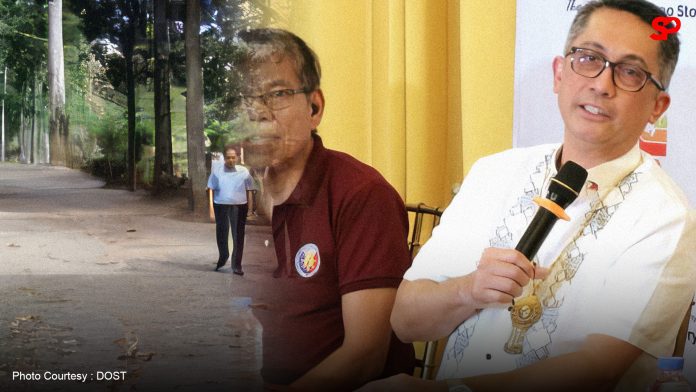By David Vera
The Department of Science and Technology (DOST) will establish a Forest Product Innovation and Training Center (FPITC) in Baybay City, Leyte, to promote sustainable forestry practices and advance eco-friendly innovations in Eastern Visayas. The PHP3.6-million facility will be constructed within the Visayas State University (VSU) campus, a recognized hub for agricultural and environmental research in the region.
The FPITC will focus on research, training, and technology development to meet the increasing demand for sustainable solutions in industries like bamboo and coconut, according to DOST Regional Director John Glenn Ocaña. In a phone interview on Monday, Ocaña said the center will serve as a resource hub for the forestry sector, supporting sustainable wood processing, the development of value-added forest products, research and innovation in eco-friendly materials, as well as technology transfer and technical advisory services.
The initiative is part of a broader nationwide program, with similar centers already established at Isabela State University in Luzon and Caraga State University in Mindanao. The facility will be equipped with advanced wood processing machinery and tools designed for both wood and non-wood forest products, enabling industries to explore innovative and sustainable practices.
Earlier this year, the DOST-Forest Products Research and Development Institute (FPRDI) and VSU formalized their collaboration to share knowledge, conduct joint research, and secure intellectual property rights for new or improved forest-based products. This development aligns with the Philippines’ efforts to enhance its forestry sector through sustainable practices.
Historically, the region has faced challenges related to deforestation and inefficient resource management, making this project a crucial step toward addressing those issues. Eastern Visayas, which is home to vast forested areas and significant biodiversity, is expected to benefit from the center’s emphasis on sustainability and innovation. This initiative is seen as a way to contribute to economic growth while preserving the region’s natural resources for future generations.

